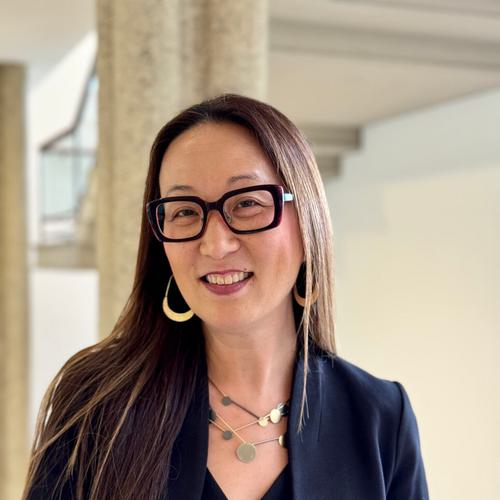
Soo Hong
Diane Silvers Ravitch ’60 Professor of Public Education and the Common Good & Professor of Education
Explores school-community relationships in K-12 urban schools with an emphasis on race, immigration, and culture.
I am a sociologist of education who studies the relationships between schools and families/communities, exploring the role of race, culture, social history, and political life. While we may typically view educational change through school-centered efforts, I explore the central role of families and communities in school transformation through models that emphasize parent leadership, community organizing and democratic forms of participation.
My recently published book, Natural Allies: Hope and Possibility in Teacher-Family Partnerships (Harvard Education Press, 2019) explores the experiences of five urban teachers who have found innovative and authentic ways to engage their students' families and communities. The book features discussions of culture and community, the deep-rooted histories of the teacher-parent relationship and the necessity of confronting racism, distrust, and misunderstanding when partnership and collaboration is the goal.
My 2011 book, A Cord of Three Strands: A New Approach to Family Engagement in Schools (Harvard Education Press, 2011) explored the role of community organizing efforts to transform public education in Chicago and demonstrates how these participatory models can reframe our conceptualization of parent engagement in schools.
At Wellesley, I teach courses on youth and family studies, capstone seminars on urban education and immigration, as well as a first-year seminar that explores issues in K-12 education through an exploration of popular films and TV shows. I am also the director of the Wellesley Teacher Scholars program which supports students who are interested in classroom teaching. My own career in education began as an elementary and middle school teacher, so it feels special to be working with the next generation of teachers.
Education
- B.A., University of Virginia-Main Campus
- M.A. or M.S. or M.B.A., University of Virginia-Main Campus
- Ed.D., Harvard University